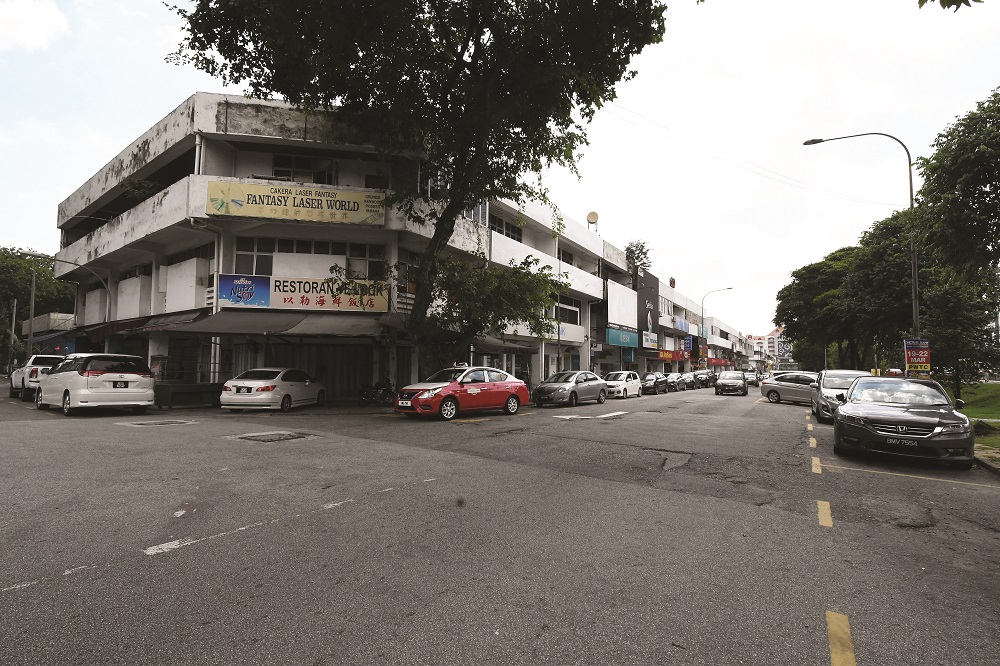Expect many retail shops to close down in coming months

PETALING JAYA: Malaysia could expect many retail shops, especially in tourist-dependent areas in the country, to close down due to the impact of the recent COVID-19 outbreak coupled with economic and political turmoils in the country.
“Retailers who depend on foreign tourists have been severely affected since end-January 2020. We may expect closures of many retail shops in tourist areas such as resort islands, theme parks, airports and other tourist attractions in the next two months as foreign tourist arrivals are not expected to improve in the near future,” Retail Group Malaysia managing director Tan Hai Hsin told EdgeProp.my in an email interview on Wednesday.
Tan also pointed out that the unexpected change in the ruling party recently will also affect existing government policies and lead to uncertainties and negative sentiments in consumer spending and private investment in retail.
“Consumers are not willing to spend more when they are unsure of the continuity of the existing government incentives and policies. For instance, a change of the tax system (such as SST back to GST) may worsen the spending ability of Malaysians while retailers (both local and overseas) may also delay investments in new stores due to the uncertain future,” he explained.

Furthermore, the closure of most retail shops in the next two weeks following the government’s announcement of a Restricted Movement Order (RMO) from March 18 to March 31 to stem the spread of the COVID-19 virus may see retail sales growth rate fall into a “double-digit red zone”.
“We estimate retail sales to drop by 3.9% during the first quarter of 2020 compared with the same period in 2019. Since the second-wave of the virus outbreak started in late February 2020, the decline in the number of shoppers at popular shopping centres has been obvious,” Tan said.
“The [last] time we had a double-digit negative growth rate was during the second quarter of 2015 (at -11.9%). It was the first three months after the implementation of the 6% Goods and Services Tax (GST). During 1Q2015, the retail industry grew faster as Malaysians bought more of all kinds of things before the GST started,” he added.
However, the disposable income of many Malaysians in 2015 was not as severely affected as the recent two months of this year, so the situation is different now.

“In the last one month (including the last few days before the RMO), only grocery stores and pharmacies enjoyed higher sales. After this, these two sectors may witness a decline in sales as consumers would find that they have over-stocked their supplies.
“Other retail sub-sectors (including fashion and fashion accessories, electrical and electronics, books and stationery, furniture and furnishing, etc) may not be able to gain back the losses incurred during the last two months because the disposable income of many Malaysian consumers have been affected due to the COVID-19 outbreak,” Tan explained.
The government’s main priority now, he said, is to contain the virus outbreak and to prevent an economic collapse.
“In addition, the government needs to encourage financial institutions to relax the loan repayments of retailers. It should also appeal to landlords to give rental rebates to affected retailers,” he said.
This story first appeared in the EdgeProp.my pullout on March 20, 2020. You can access back issues here.
Follow Us
Follow our channels to receive property news updates 24/7 round the clock.
Telegram

Latest publications
Malaysia's Most
Loved Property App
The only property app you need. More than 200,000 sale/rent listings and daily property news.
